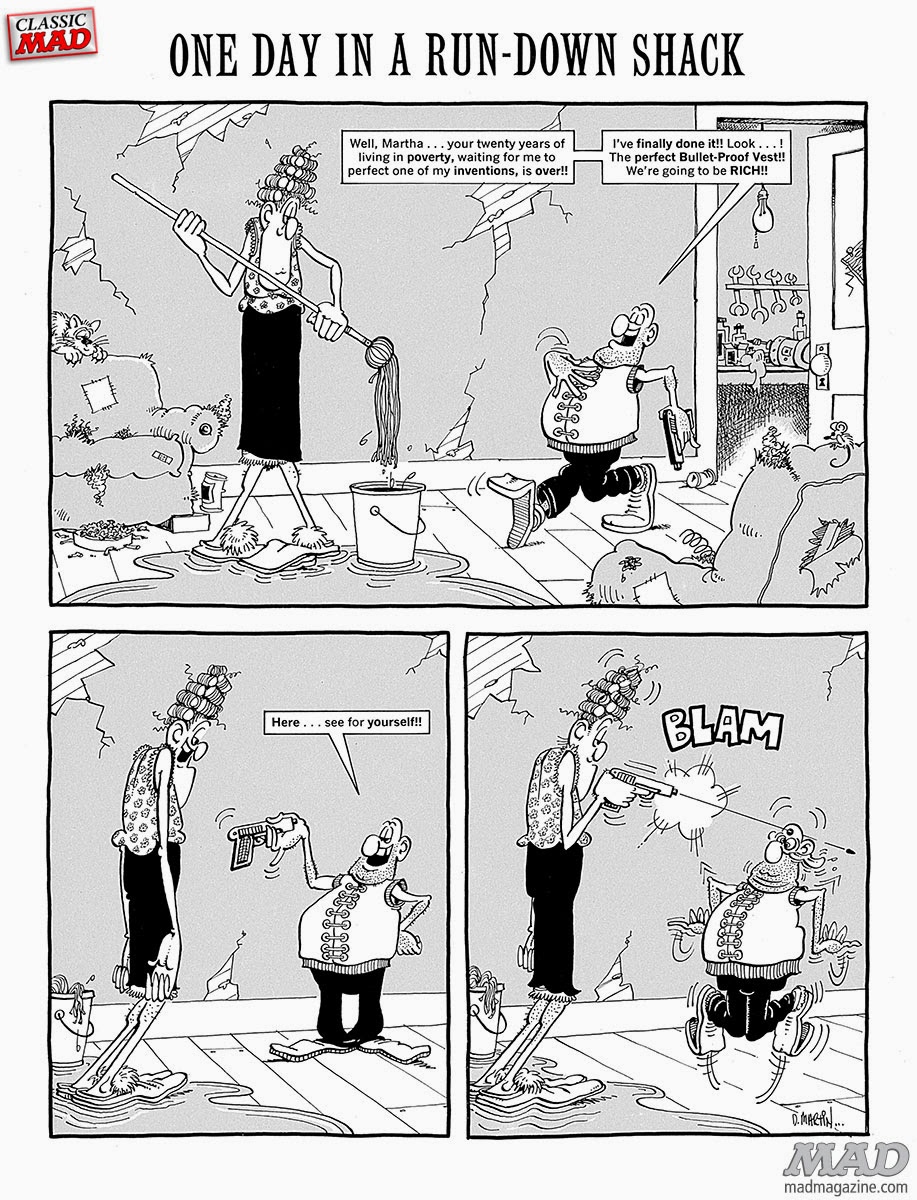...in exactly 454 words. This is classy writing on a touchy subject.
 |
| SANAA A'ESHA |
Classy because she does this with such style that she stands out as an unusual young person in a world where there are few standouts.
Touchy because too many people believe in stereotyping and not enough people believe, like she does, in exploding stereotypes.
But classy or not, touchy or not, what she has written deserves much wider coverage and so...
GIRLS
By Sanaa A'esha
Class of 2008
There are so many people talking about bringing up girls.
Raise them strong, raise them independent, teach them to play with trucks,
don’t read fairy tales to them, throw away the Barbies, learn to throw a punch.
‘You
don’t need rescuing, my baby.’
‘You
can be anything you want to be.’
‘My
girl is not at all girly, she loves her carpenter tools.’
‘How dare
he buy her a kitchen set!’
Well, I want that abandoned kitchen set. For my son. I think
it’s wonderful that he loves the world of food. How he loves his cousin's shiny
shoes and wants the butterfly hair clip she has on her pretty head.
 |
| WANT TO WATCH THE VIDEO? CLICK HERE. |
‘No,
don’t take that. That’s for girls!’
‘Why
are you wearing a clip on your head? Are you a girl?’
‘But
that’s pink!’
‘No,
put Dora down. Here’s The Hulk!’
I want people to talk about raising
sons as daughters. To stop saying ‘be a man’. To let them shriek with the
girls, and want their purple tutus. They are going to be chasing skirts in a
few years, why not wear one now?
My boy loves to wear pretty beaded
chains. And I am always asked if I wanted a girl and if that’s why I let him
wear the pink beaded chain for as long as he wants to. Yes, that’s exactly what
it is, you genius waste of space. I wonder if mums of daughters are asked the
same when their babies are in a pair of jeans instead of frilly skirts playing
in the dirt with their trucks.
Why wouldn’t you let your son cry
when he gets hurt? Why is hanging on to mamma’s leg such a bad thing for a boy?
I am all for fist fights and dirt puddles, but is it so bad that he let the
girl beat him up in school? He has probably already figured out that’s how you
get the girls.
I want him to be tough and strong
and be a rockstar at every sport. I want him to be able to charm his way into
everything he wants. But I also want him to know it’s okay to cry when he gets
slapped for being an ass. It’s okay to wear an apron and cook that special meal
to impress someone. To know it’s okay to be sensitive to all the drama hormones
bring to this world.
He’s only 2. And he doesn’t realise
he’s being judged for a string of pink beads. But it works out, because at all
of 2 he can cook and eat his silly version of peas and buttons rice in a real
rice cooker, because nobody let me buy him that darned kitchen set.
----------------------
“THE COOLEST SUPERMOM I KNOW”
Here are some of the comments Sanaa's post attracted on Facebook last week:
- ARCHANA ABRAHAM: I don't have a son but I'd like to believe
that if I did, I'd have the same attitude towards raising him as my
firecracker of a friend Sanaa A'esha.
- ASHWIN SHANKER: Very well-written. I
was thinking on the same lines as well... I always wonder: Why can't
boys cry? Why is it cowardly to run away when you sense danger? Why
can't men who cook be seen as 'cool'?
- ELVINA DAVIS: Banishing gender stereotypes by encouraging one sparkly clip at a time. Penned by my friend and the coolest supermom I know, Sanaa A'esha.
- DAVID D'SOUZA: A mother's angst crafted well.
- PAROMITA CHAKRABORTY: So
brilliantly written... I agree with every word. Raising girls to be
strong and 'manly' will not help... Unless boys are taught to stop
acting tough. Sharing.
- MRIDULA SWAMY: It's
all this and more... I never realised the intense pressure I'd face
bringing up two boys... or having to explain and justify your actions to
everyone. I was a tomboy and did nothing "girly" except Bharatanatyam
in my childhood, and no one found that odd 30 years ago. But even now
there are such archaic notions around raising boys.
- ANN THOMAS: My
son loves pink, chooses a Barbie brush over the others and wants to
style his sister's doll. I know that look of "What are you doing to
the child?" so well. Oh, and I did get him a kitchen set when he was two
and if he asks me for a Barbie, I will if I could. Cheers to you!
































